Northumberland County Animal Shelter is on the path to proving that it’s possible to operate a successful, open-intake municipal shelter that saves nearly all the saveable dogs (and cats) in a rural area with few resources.
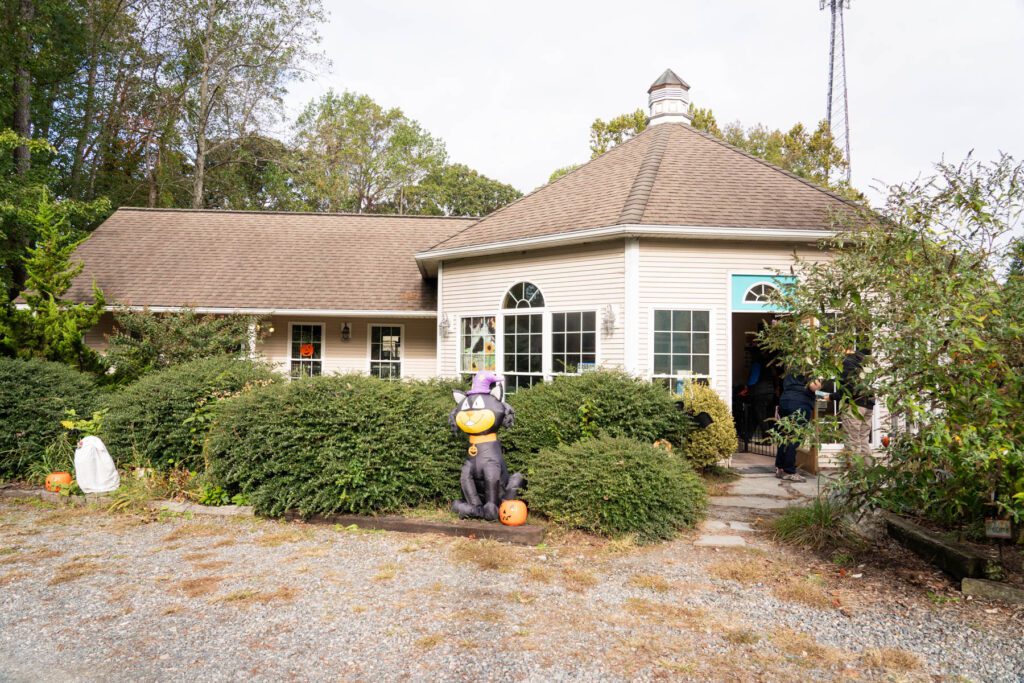
They have all the ingredients for that success: 1) excellent leadership in shelter director, Gabby, and ACO, Jason 2) community engagement thanks to a vibrant volunteer program and the Friends of the Northumberland Shelter organization and 3) veterinary access/support via a local vet who goes above and beyond for them and gives them a reduced rate.
Gabby, the shelter director, came to this country from the Czech Republic in 2001 planning to travel and work and explore the country. She ended up staying after her travel companion and she split up. Working in and around Richmond for a commercial cleaning company, she discovered the Northern Neck. She loved the peace and quiet of the area, and when the opportunity to move to the Neck arose, she took it. Not long after, in 2015, she began volunteering at the shelter, eventually working there part-time in 2016 and becoming the shelter manager in 2018.
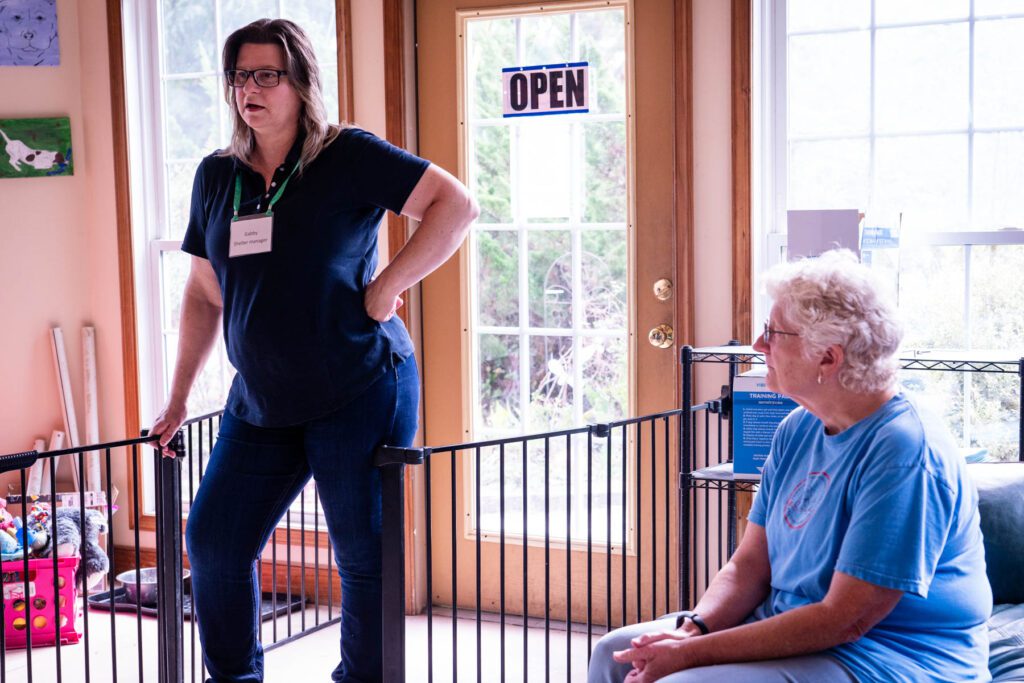
The community is blessed to have her. One of the numerous volunteers who were on hand for our visit told me that if Gabby ever tried to leave, they wouldn’t let her. Gabby is smart and resourceful, making the most of the hodge-podge shelter that appears tiny but sprawls back through the packed property beside the county recycling center. There is a bright, welcoming lobby, multiple dog rooms, treatment space, isolation spaces, a puppy room, laundry, and a cat room (the county is not responsible for cats, but Gabby gave volunteers this space to use for cat rescue/adoption).
They are also lucky to have Jason, who has been their ACO for about 18 months. He grew up on the Northern Neck, and his knowledge of the community is a big plus when it comes to finding owners of lost dogs and enforcing the dog laws of the county. He always tries to educate if possible, rather than take someone’s dog, but when education isn’t enough, he doesn’t hesitate to seize a dog/s.
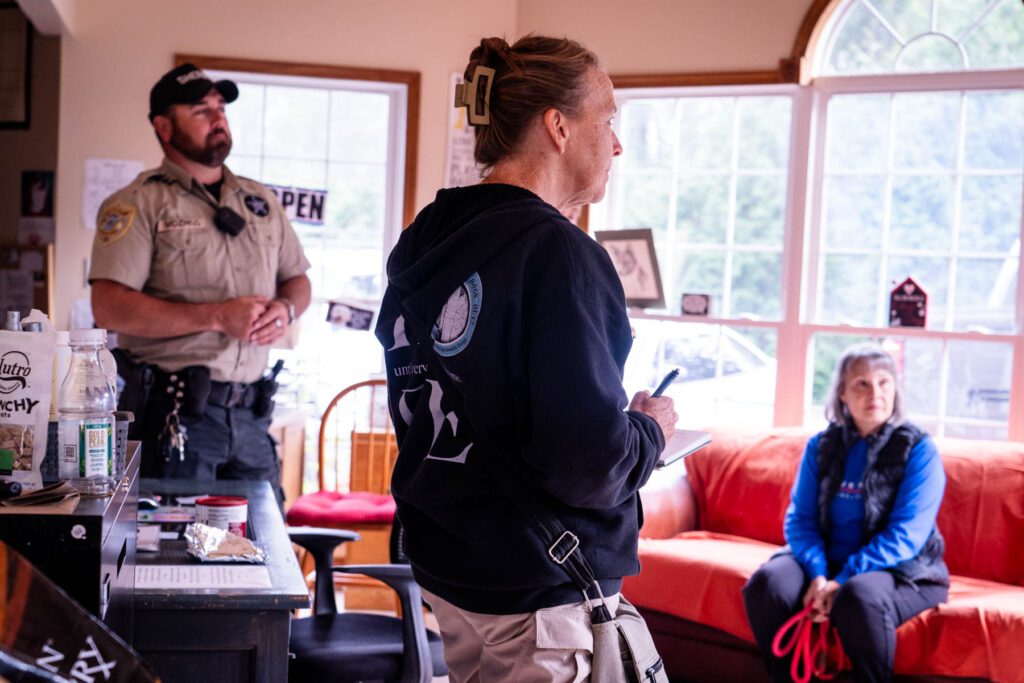
In fact, only hours after our visit, Jason had to seize 22 dogs from a bad situation. Since that time, the shelter has been awarded custody of the dogs. Adding 22 Pit Bull type dogs to an already crowded shelter has had the staff and volunteers scrambling to find rescues and save lives. Sadly, moving large pit-type dogs out through adoption and rescue is nearly impossible at this moment in history, forcing the shelter to make the hardest of decisions.
Those decisions are rare, thanks to the dedication of the staff and volunteers at NCAS, yet they leave everyone heartbroken, most of all, Gabby. It’s an impossible time in what has always been an impossible job. It shouldn’t be this way and it doesn’t have to be, but it will take more people willing to step into the gap and support the shelter and bring about the change that is needed. If not for the dogs, then for the sake of the heroes like Gabby and Jason, who are working so hard, we must relentlessly look for solutions.




The one thing that could make the difference between life and death for the shelter dogs at NCAS is foster homes. It’s a goal of Gabby’s to develop a network of foster homes that could step up in situations just like this, taking a dog from the shelter to make room for the ones coming in. Fosters could quite literally save lives. (If you live in the area and want to help, Click here for more information NOW!
The commitment of the community of Northumberland is evident everywhere you look. Beyond the cat program, Friends of Northumberland County Animal Shelter nonprofit group runs a thrift shop on all volunteer-time. The proceeds are used to support the shelter. They’ve purchased kuranda beds, built playyards, and paid for heartworm treatment and other medical needs.
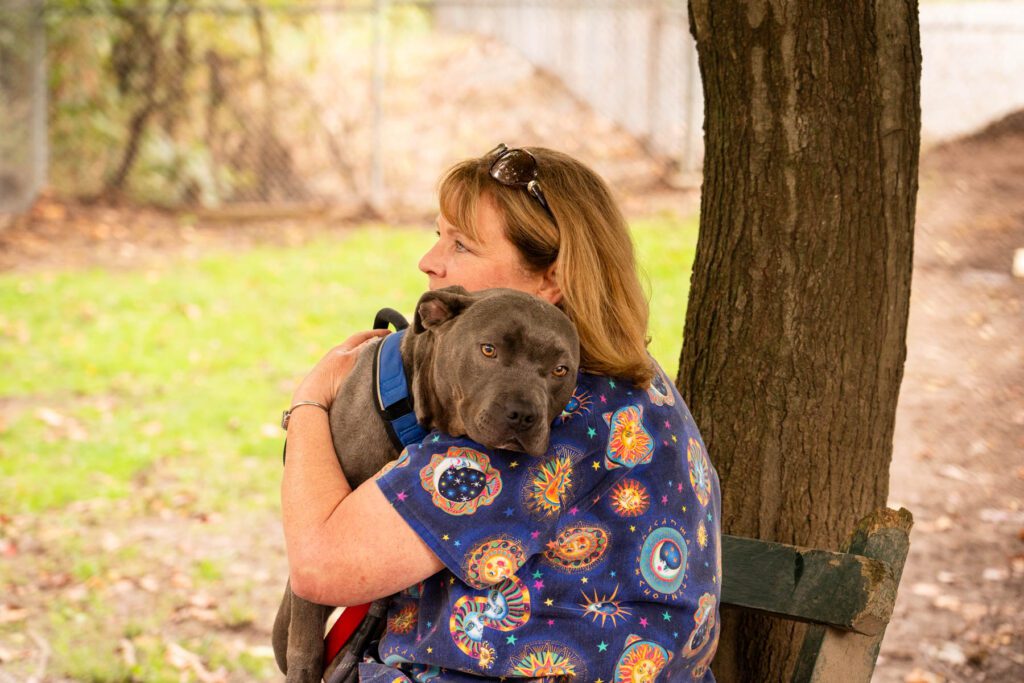
Gabby is quick to say that without them and the help of other organizations in the community, like the Animal Welfare League who pay for spay/neuter surgeries, they wouldn’t be so successful as a shelter.
The shelter handles about three hundred dogs each year. Some go to rescue, but many are adopted locally. The shelter screens adopters carefully with vet and background checks. All the dogs go home vaccinated, heartworm tested (and treated if necessary), and spayed/neutered (or they are given a certificate to have the dog spayed/neutered courtesy of the Animal Welfare League). Shelter staff will follow up to be sure the spay/neuter is done and if not, they will reclaim the dog. Luckily, that’s rare.
All of the dogs have daily play time and walks, getting plenty of human interaction which is key to keeping stress levels low. I can always tell when we visit any shelter whether dogs are getting that kind of attention as soon as we walk through the kennels. In places where dogs spend their days in a kennel alone, only ever getting out for cleaning (and sometimes not even for that), the dogs are frantic, loud, and the sound has an urgent, hysterical quality.






That was not the case at Northumberland. The dogs greeted us initially, but then calmed, and when I had to walk back through with Gabby to go unload our donations, the kennels were quiet.
Volunteers brought dogs out to the multiple play yards for Nancy to photograph, and regrettably we couldn’t stay to photograph everyone as we had to leave so not to be too late for our next stop. I could have easily spent the rest of the day in this happy place where the staff and volunteers clearly love the animals and take pride in making their shelter stay the best it can possibly be.






I asked Gabby what the shelter still needs, and she told me that having the safety net of a good foster network is their most critical need.
This year alone, Jason has already had to seize 98 dogs (which now must be at least 120). Owner surrenders have also increased as the housing crises continues. The Northern Neck is a desirable retirement and vacation spot with bay and river access, fishing communities, and natural beauty. Properties that could be potential homes for locals to rent or buy are converted to AirBnbs, leaving too many people priced out of the rental or first home market, plus fewer and fewer rentals allow animals.
Like all the shelters in these parts, Northumberland is full of hound dogs and pit bulls. Both are breeds that need space and adopters who understand their needs. Luckily, these dogs landed in a shelter committed to nurturing them and finding them the best possible outcome.
We had an inspiring visit at Northumberland – incredible people providing animals with first-class care, working on both ends of the problem by insisting on spay/neuter, enforcing their dog laws fairly, educating their public, screening adopters, giving heartworm preventative (and sending the first month’s HW preventative home with them), and creating a positive atmosphere at the shelter not just for the animals, but for the people.
If you’d like to help, you can shop their Amazon Wishlist or make a donation through the Friends of NCAS.
We are currently selling our beautiful 2024 WWLDO calendars featuring the incredible photography of Nancy Slattery and some of the amazing dogs we have met on our shelter tours this year. Calendars are just $15 with free shipping. It’s a great way to keep the dogs and the heroes who fight for them top of mind. #togetherweCANletthedogsout To order yours, click here.



Until each one has a home,
Cara
If you want to learn more, be sure to subscribe to this blog. And help us spread the word by sharing this post with others. Visit our website to learn more.
You can also help raise awareness by following/commenting/sharing us on Facebook, Instagram, YouTube, Tik Tok, and the Who Will Let the Dogs Out podcast.
To see our Emmy-nominated, award-winning short documentary, Amber’s Halfway Home, click here.
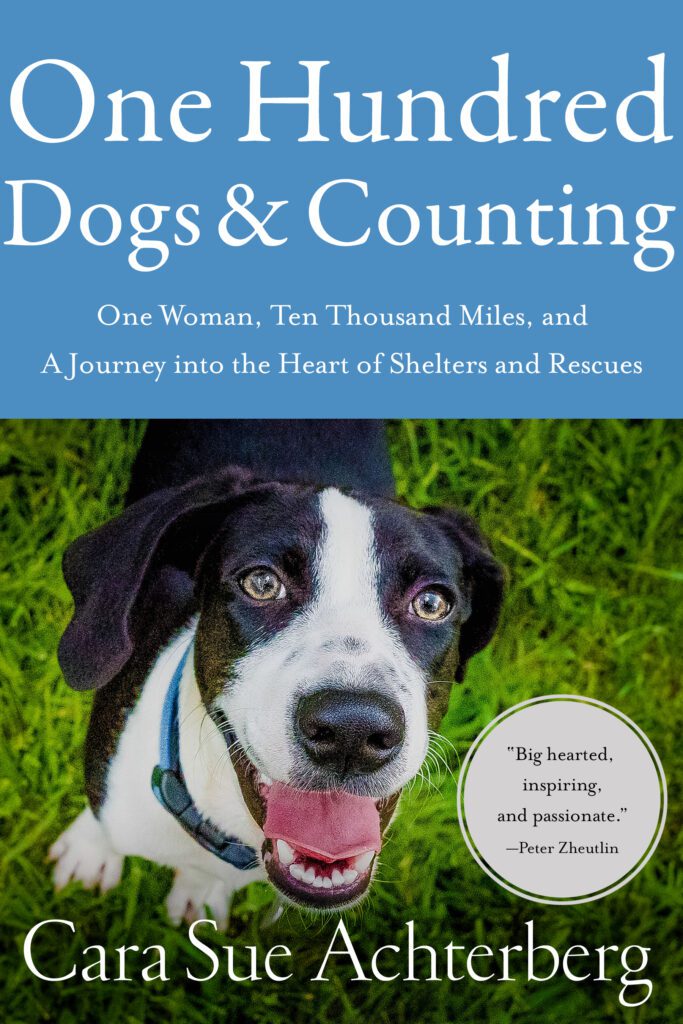
Learn more about what is happening in our southern shelters and rescues in the book, One Hundred Dogs & Counting: One Woman, Ten Thousand Miles, and a Journey Into the Heart of Shelters and Rescues (Pegasus Books, 2020). It’s the story of a challenging foster dog who inspired me to travel south to find out where all the dogs were coming from. It tells the story of how Who Will Let the Dogs Out began. Find it anywhere books are sold. A portion of the proceeds of every book sold go to help unwanted animals in the south.
For more information on any of our projects, to talk about rescue in your neck of the woods, or become a WWLDO volunteer, please email whowillletthedogsout@gmail.com or carasueachterberg@gmail.com.
And for links to everything WWLDO check out our Linktree.



Leave a Comment
Sign up for our newsletter
Sign up to have our latest news, grant updates, shelter visits, and more delivered to your inbox.
Share this:
Like this: